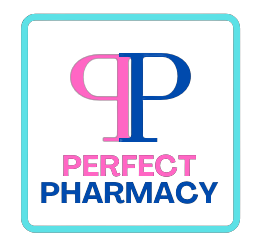
1.Who is known as father of Medicine?
(a) Hippocrates (b) Aristotle (c) Dioscorides (d) Theoprastus
2.Who coined the word Pharmacognosy?
(a) Hardy and Gerrad in 1815 (b) Stass and Otto in 1852 (c) Bentham in 1862 (d) C.A. Seydler in 1815
3. Pharmakon means (a) Pharmacy (b) Drug (c) Scientist (d) Zoologist
4. The word ‘Ayurveda’ means
(a) Health of people (b) Science of drugs (c) Science of life (d) None of the above
5. The fundamental principle of Homeopathy is
(a) Disease can be treated by antibiotics (b) Unlike can be treated by like (c) Like can be treated by like (d) None of the above
6.Organised drugs are those which
(a) Posses cellular structure (b) Do not posses cellular structure (c) Posses only scars (d) Posses only buds
7.Which of the following is a common classification of crude drugs?
(a) Alaphabetical (b) Therapeutical (c) Chemical (d) All of the above
8.Which classification is helpful for the practical study of pharmacognosy?
(a) Alphabetical (b) Morphological (c) Chemical (d) Pharmacological
9.Under which classification the crude drugs are classified on the basis of their therapeutic uses?
(a) Chemical (b) Taxonomical (c) Pharmacological (d) Morphological
10. Chemotaxonomy establishes the relationship between
(a) Alphabetical and chemical classification
(b) Position of plant in taxonomy & chemical nature
of drugs
(c) Organized and unorganized drugs
(d) None of the above
Share This News